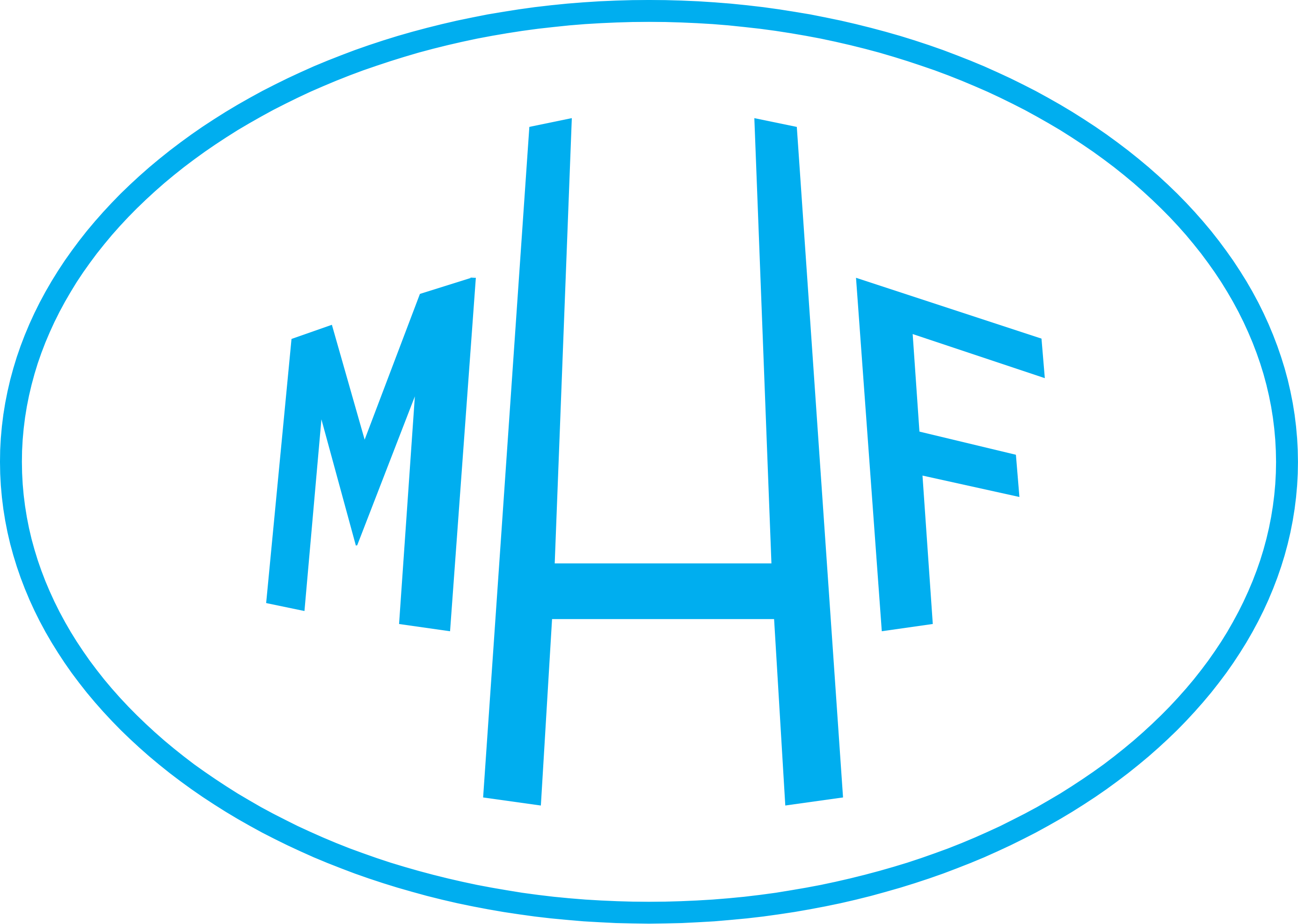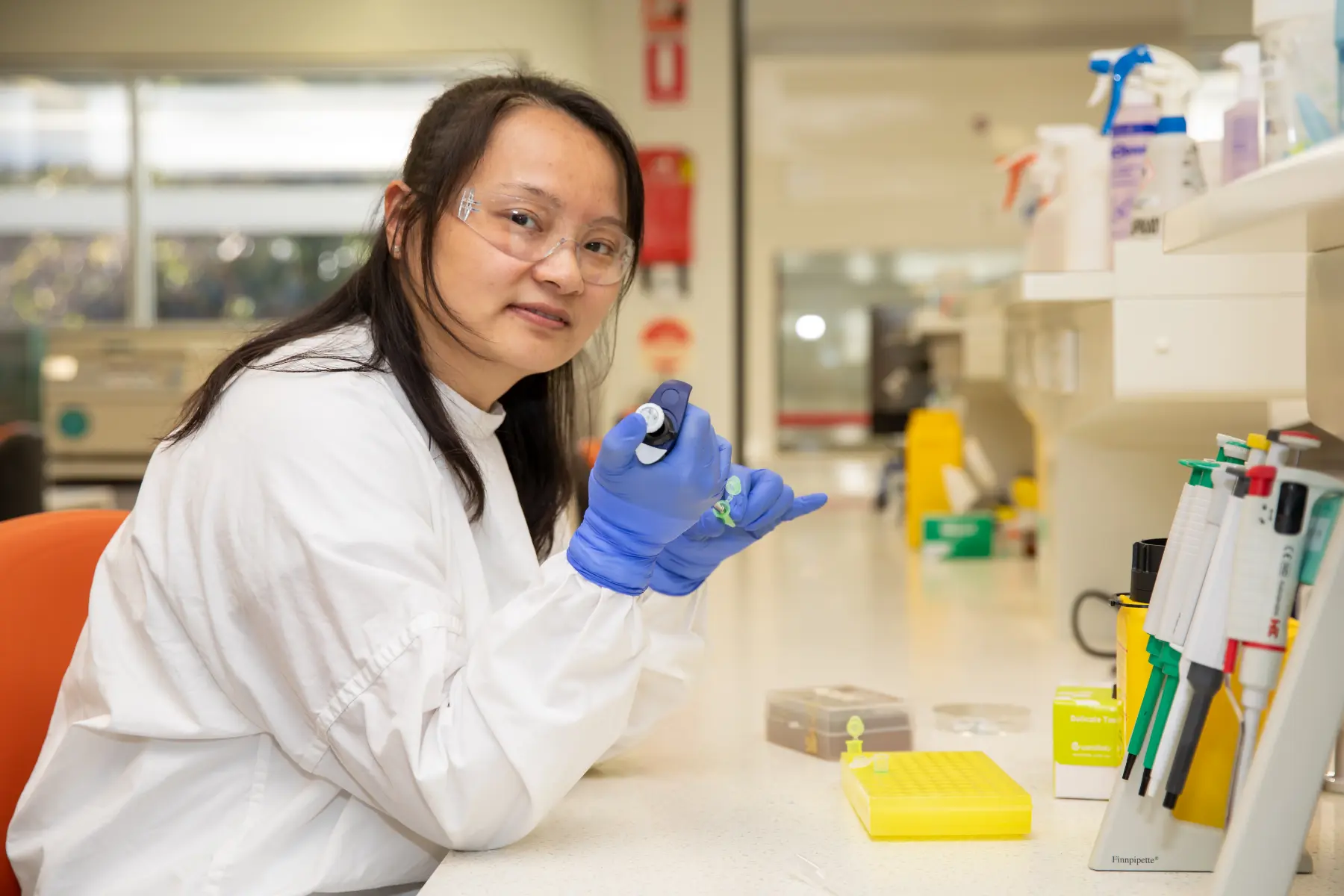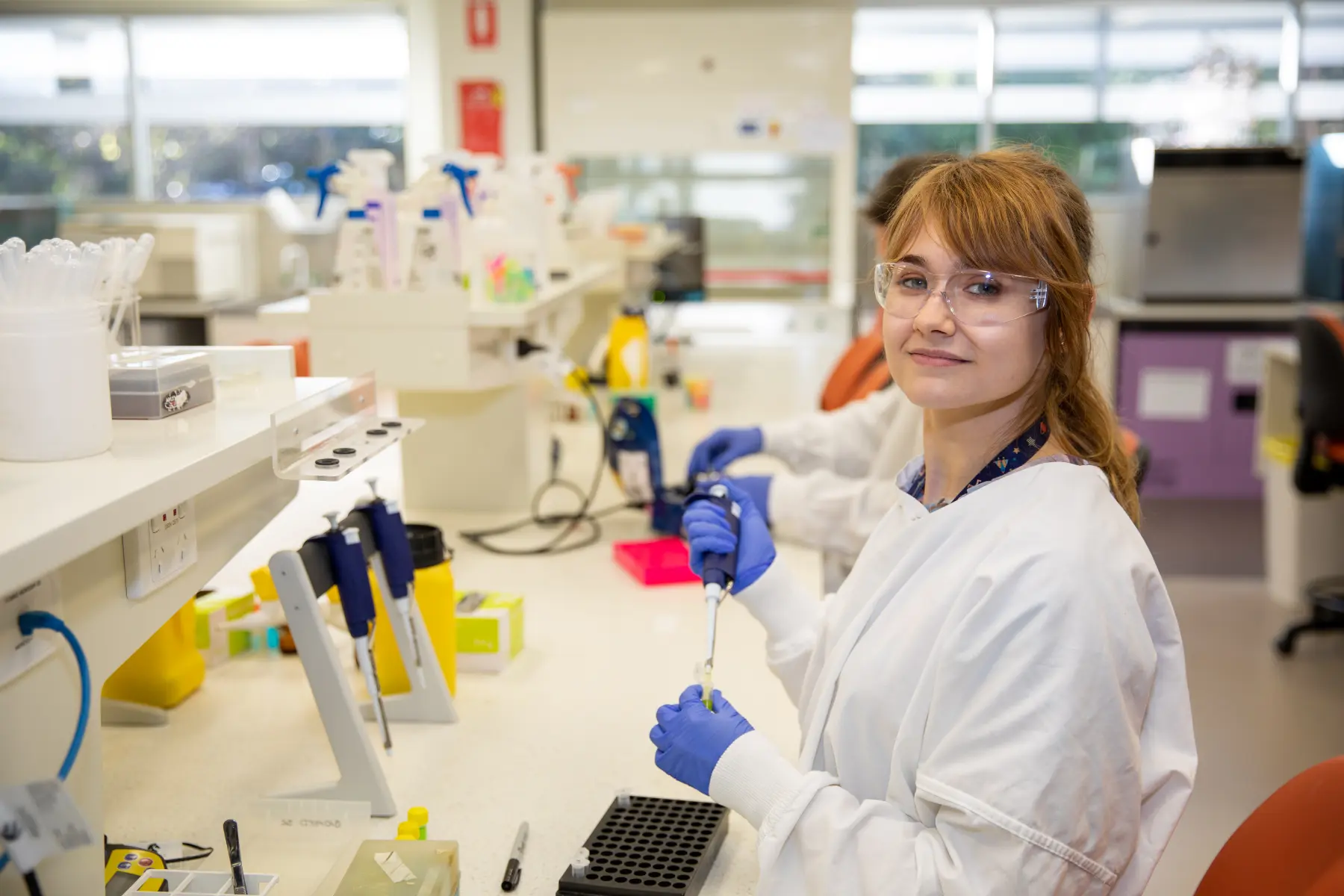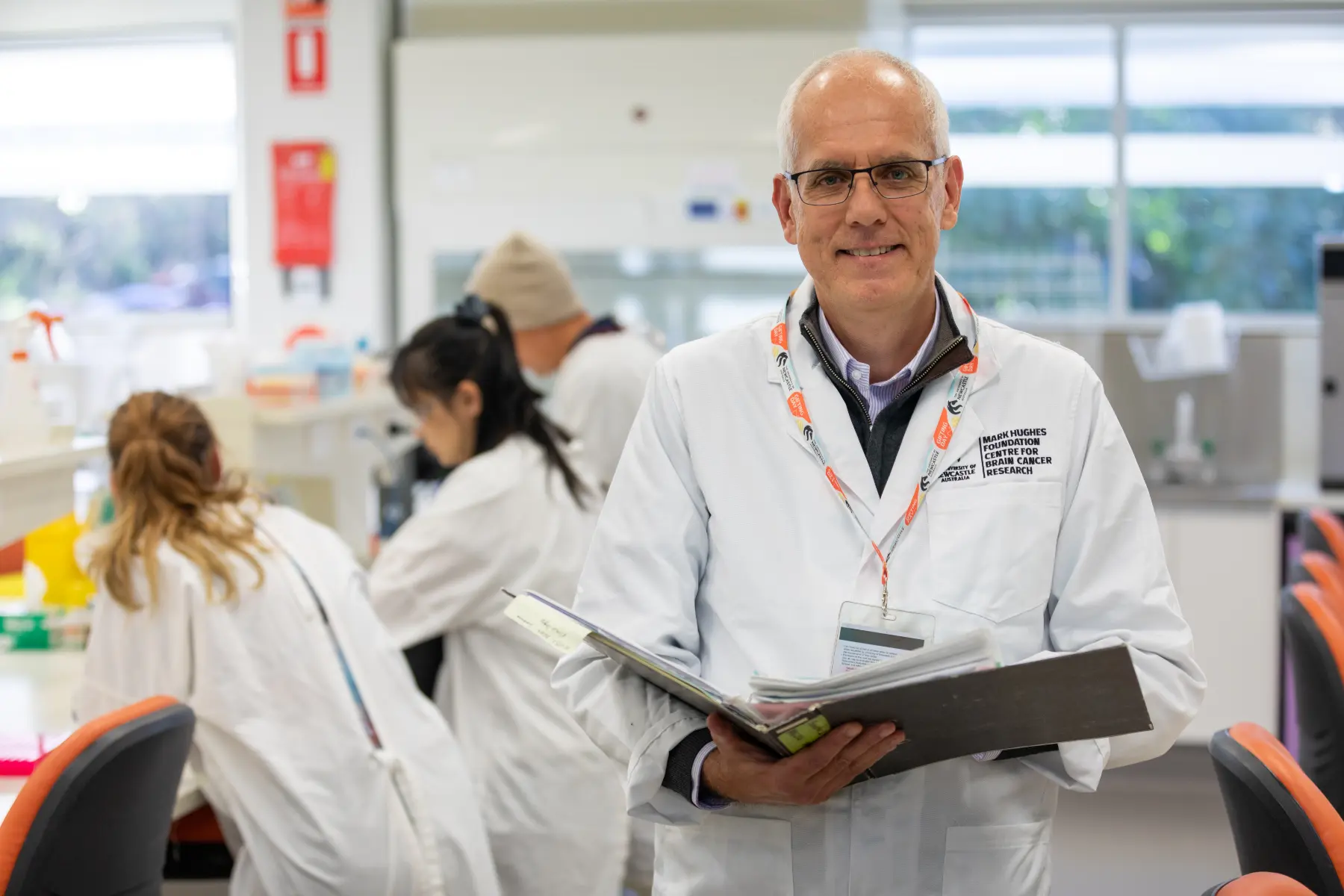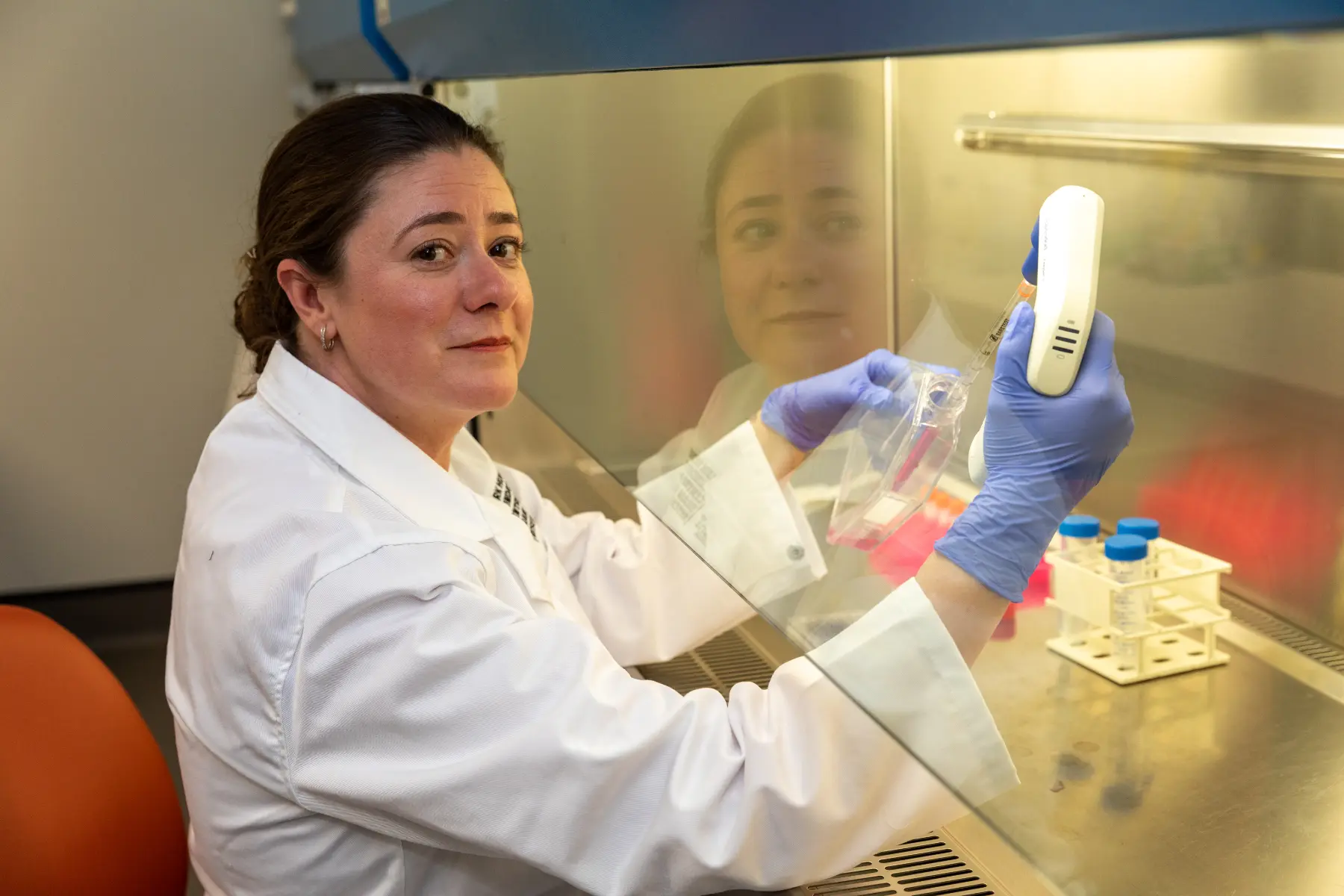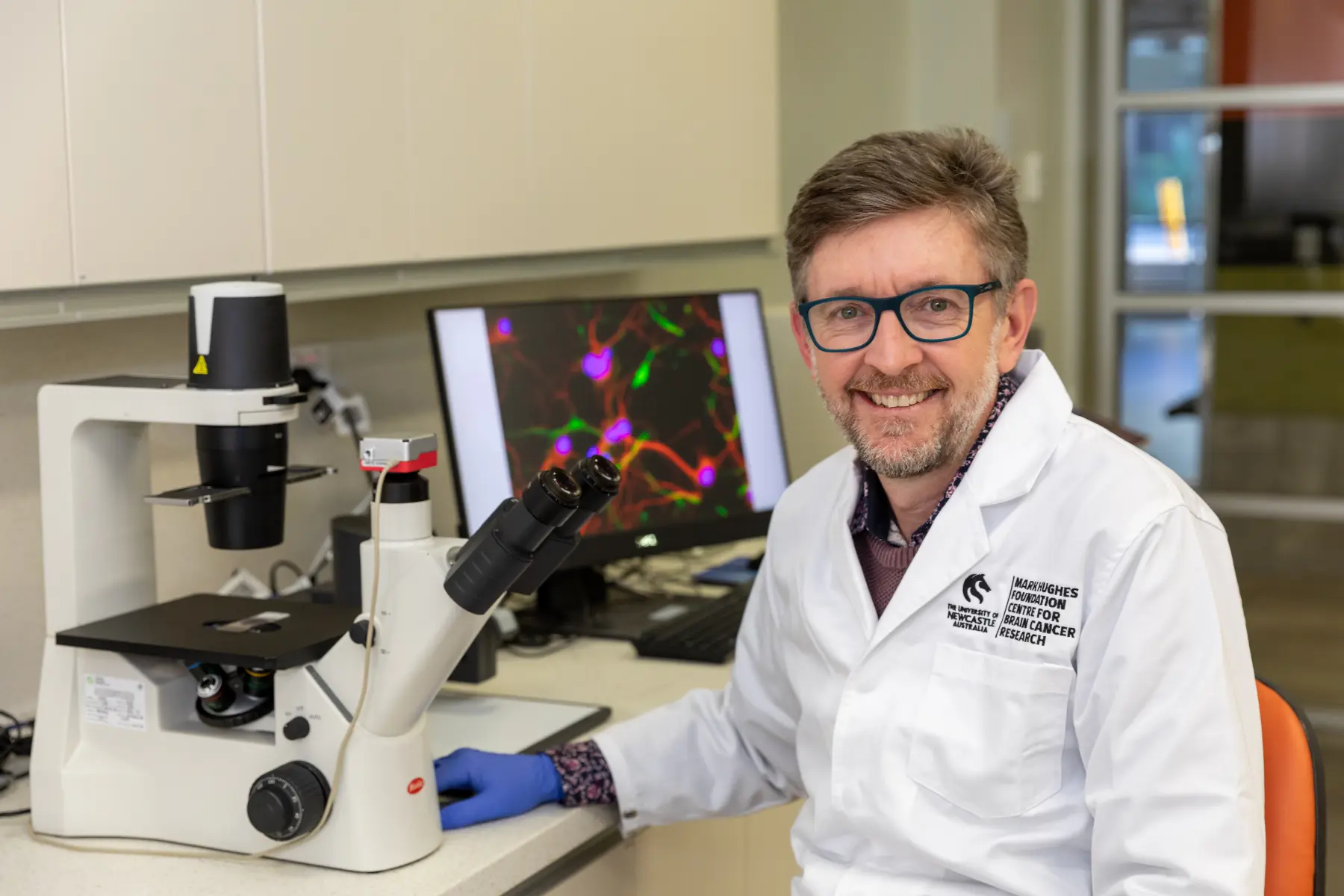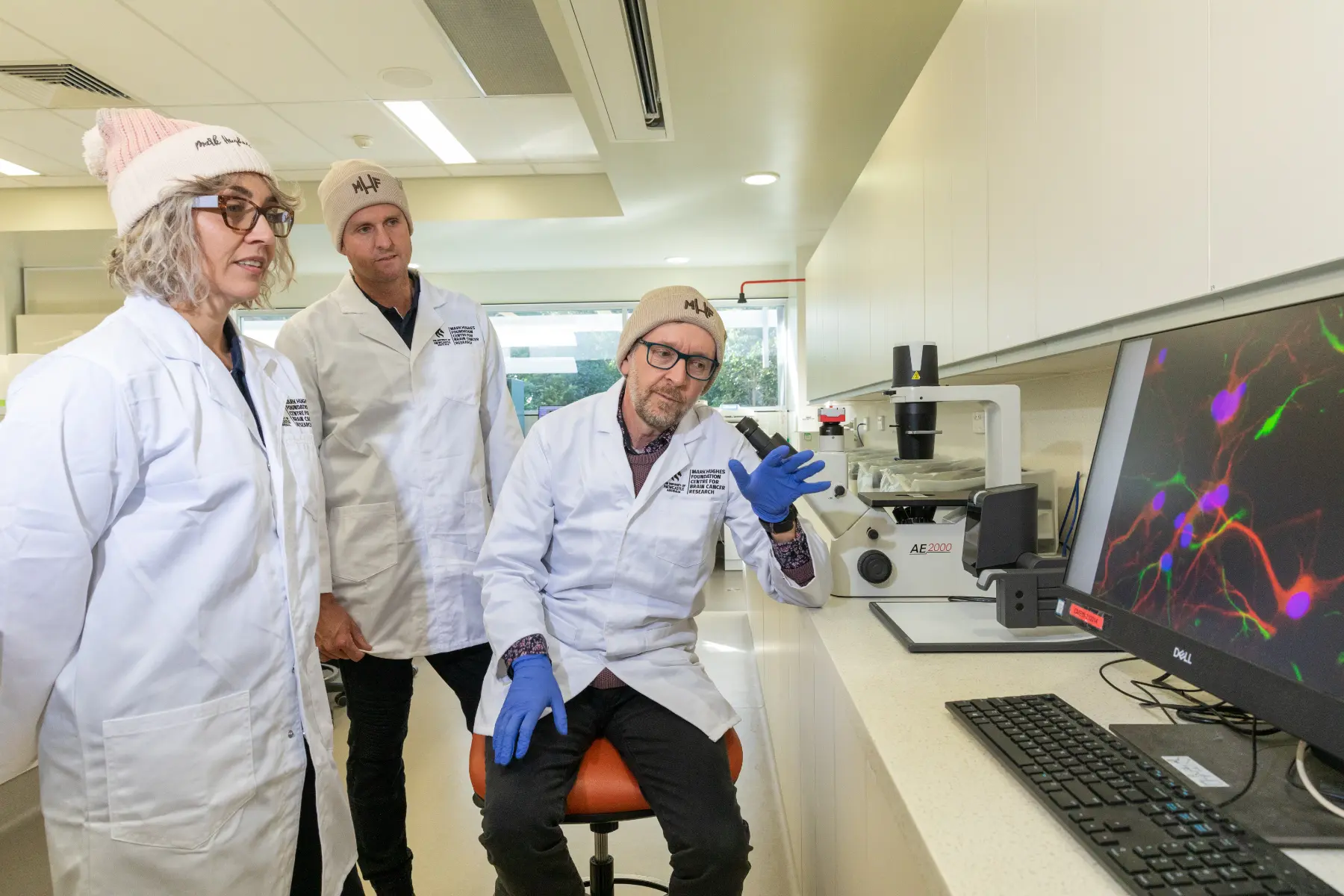At MHF, we are deeply committed to advancing brain cancer research, which is why we are thrilled to announce our significant contribution of $500,000 toward the Australian Government’s funding initiative. This contribution will support Australian researchers in their efforts to revolutionise the treatment landscape for childhood brain cancers, offering new hope for Australian children, adolescents, and young adults battling these devastating conditions, including Diffuse Midline Glioma (DMG).
The Australian Government has pledged a $20 million investment in this critical research, which is divided into two dedicated funding streams:
• Stream 1 supports the establishment of a ‘national childhood brain cancer clinical trial consortium’.
• Stream 2 supports ‘Novel pre-clinical and/or early-stage clinical research to improve understanding of paediatric brain cancer (including DIPG/DMG) and or generate new therapies and treatments for paediatric brain cancer’.
In support of Stream 1 MHF are extremely proud contribute $300,000 as part of the TarGeT Collaborative—a groundbreaking partnership that aims to fund essential clinical trials for targeted treatments in children and young adults diagnosed with high-grade gliomas, including Diffuse Intrinsic Pontine Glioma (DIPG). This pioneering initiative brings together the Mark Hughes Foundation and five leading philanthropic organisations to back the ambitious TarGeT trial, an international study utilising precision medicine to create personalised treatments based on each patient’s unique tumour genetics.
In support of Stream 2 MHF Research Centre Stream Leader Professor Matt Dun has been awarded a $2 million National Health and Medical Research Council (NHMRC) grant to help progress its mission to develop breakthrough treatments for the most lethal form of childhood cancer, Diffuse Midline Glioma (DMG). With the Mark Hughes Foundation providing an additional $200,000, Professor Dun described the $2 million NHMRC MRFF grant as a crucial step toward tackling the most devastating disease.
Together, these initiatives are driving hope and progress in the fight against paediatric brain cancer.
